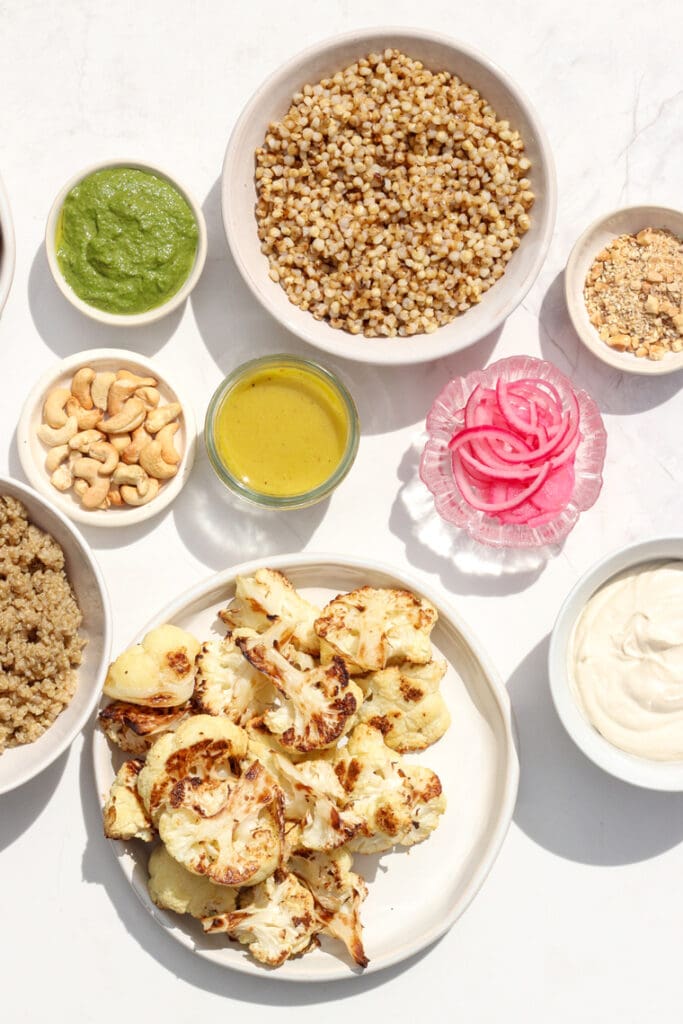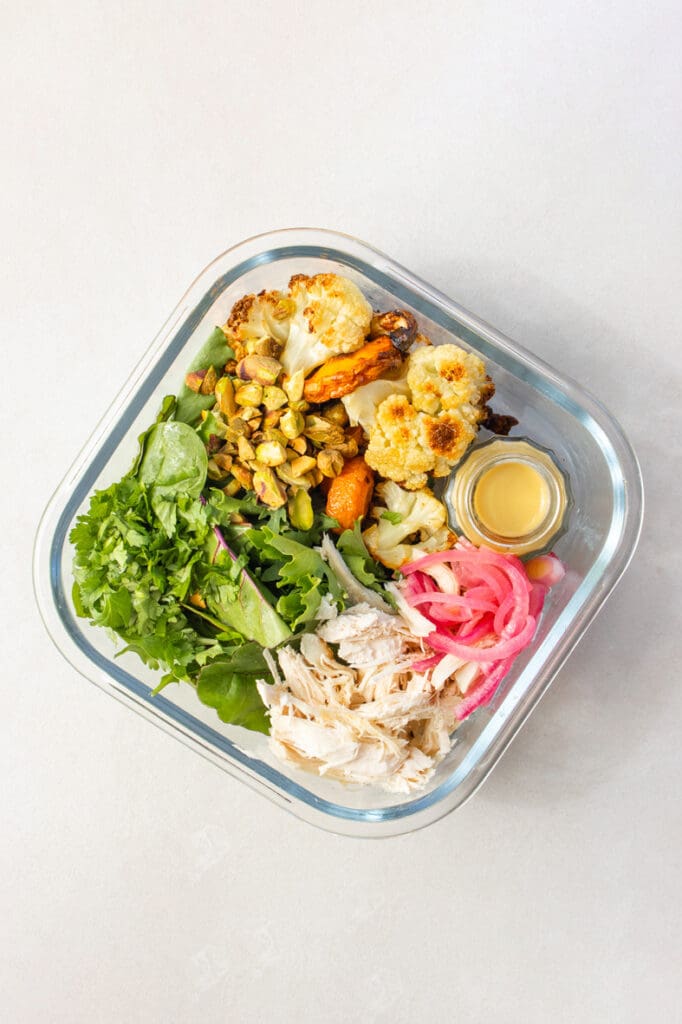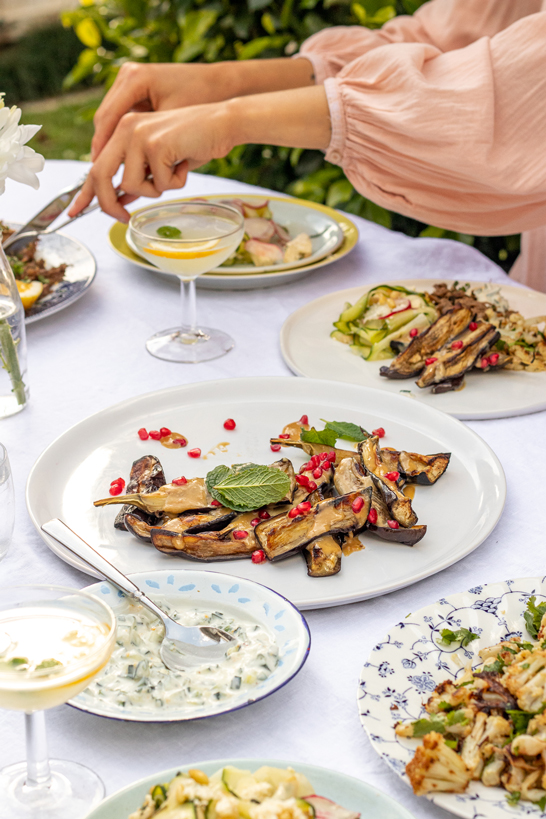Storage
- One of the most common mistakes that cause fruits and vegetables to spoil quickly is incorrect storage, it’s not only how you store your produce but also where. Fruit and vegetables should be stored separately, as many fruits emit ethylene gas when they ripen, which in turn causes other vegetables like lettuce to ripen at an accelerated rate.
- No one likes soggy, limp lettuce or leafy greens! To avoid this, store them in an airtight container lined with a clean tea towel to absorb water and to keep them crisp.
- Root vegetables like potatoes, sweet potato, onion and pumpkin should all be stored in a cool and dry palace. Whereas carrots, turnips and beetroots are best kept in the fridge.
- Herbs are the holy grail of flavour and help transform any dish, so it’s important we take good care of them. We suggest either storing them in a glass jar with water in the fridge or wrapping tender herbs like parsley, basil and coriander in a clean tea towel and storing them in an airtight container in the fridge.
Ice baths
- It turns out that ice baths aren’t only good for us humans, when produce looks a little limp, simply submerge the vegetables in some iced water for 10-15 minutes before patting dry (this is particularly good for celery) – you’ll be shocked at the difference this makes.
Utilise your freezer
- Freeze excess vegetables like cauliflower, broccoli, carrots and pumpkin before they spoil. Blanch, then place onto a tray and into the freezer (freezing them on a tray first prevents one big ice ball from forming). Once frozen, place into a reusable freezer bag – now you have pre-cut, cooked vegetables to add to stir-fries, soups and pan-fried sides.
- Freeze leftover herbs! For tender herbs, roughly chop and place them in ice cube containers, along with a little olive oil, allowing you to add a pop of flavour to a dish as you need. For woody herbs like thyme, rosemary and sage, we place them into an airtight container and then into the freezer, ready for your next bolognese or slow-cooked dish.
.
- Food scraps aren’t just for your worm farm. When cooking, we keep vegetable scraps, like the ends of carrots, onions and celery bottoms. Once you have enough you can make a delicious vegetable stock.





